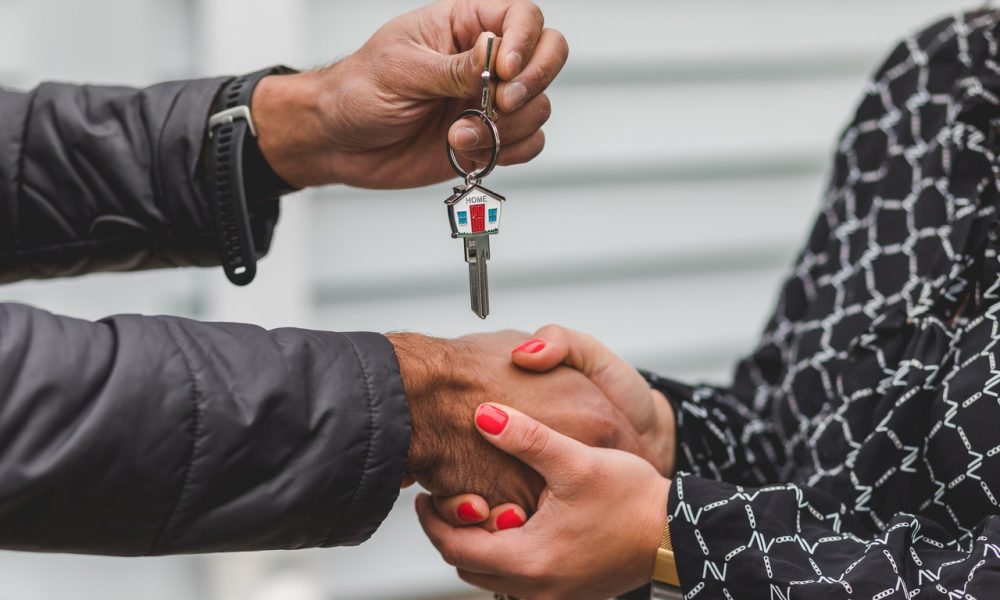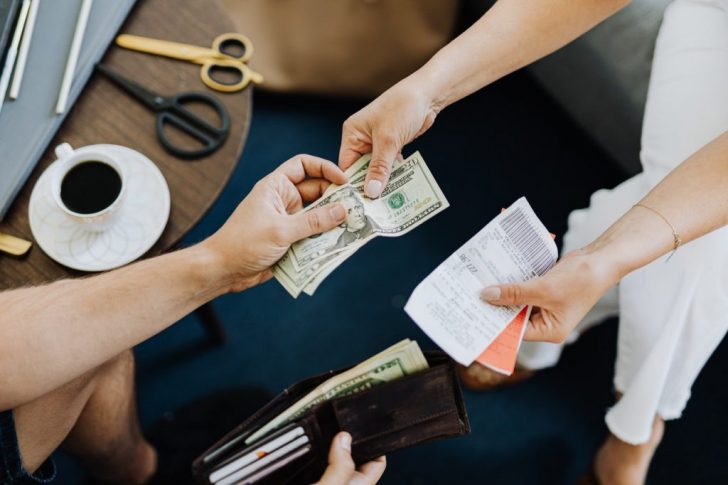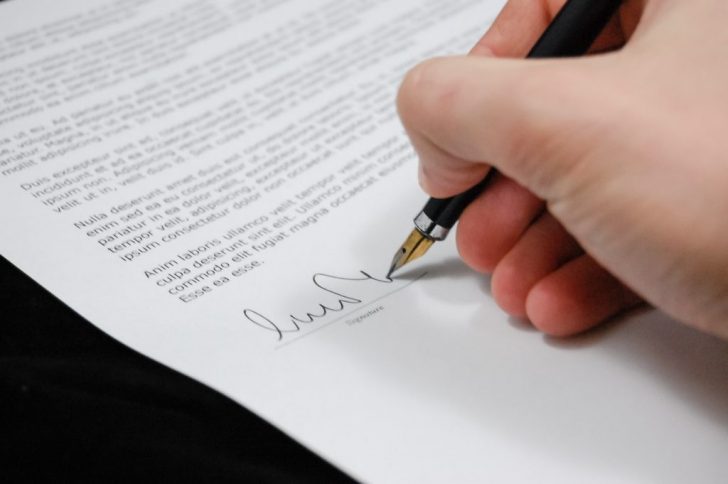
Is It Time to Get a Reverse Mortgage? Find Out Here!

Ever wondered what a reverse mortgage is? Sounds silly, doesn’t it? Almost like a prank. But apparently, this type of loan is quite common after you hit a certain age. Now you may wonder why people, who put decades of hard work and hard-earned money into acquiring a forever home, would want to borrow against their home. Let’s take a look at what reverse mortgages are all about. They might turn out to be more beneficial than you thought.

Pexels | After a certain age, getting a reverse mortgage is the best way to acquire some extra cash
What is a Reverse Mortgage?
For homeowners aged 62 and above, withdrawing equity from their house is a possibility. The condition, though, is that they must own the entirety of the home or have sizeable equity in it. Unlike a regular mortgage that has you paying installments to your lender, a reverse mortgage has your lender paying you. If you’ve paid off your mortgage or are close to doing so, this special type of loan allows you to borrow from your home’s equity as tax-free income.
What Can a Reverse Mortgage be Used for?
According to the National Foundation for Credit Counseling’s spokesperson, Bruce McClary, acceptable and common uses of reverse mortgage proceeds include paying out-of-the-pocket medical expenses, covering the costs of essential home repairs, and supplementing retirement income. McClary comments that for situations when available savings or regular income is insufficient for covering expenses, instead of turning to costly loans and high-interest lines of credit, it’s best for seniors to opt for a reverse mortgage.

Pexels | If you need instant large sums, a reverse mortgage is the best way to go
Who Owns the House in a Reverse Mortgage?
Even in a reverse mortgage situation, just like in any other type of mortgage, ownership of the home remains with you. However, the mortgage is payable in full if the borrower i.e. you, decides to relocate or dies. According to debt management and nonprofit credit counseling agency Take Charge America’s personal financial consultant Michael Sullivan, if a borrower won’t or can’t pay off their debt, lenders are authorized to sell the property to recoup what it’s owed. Additionally, if the home sells for less than the loan payable, the beneficiaries or homeowners aren’t liable to make any additional payments.
Can You Lose Your House with a Reverse Mortgage?
To cut it short, you absolutely can. But, retaining ownership of your home is in your own hands – and all you really need to do is keep your reverse mortgage in good standing. The following are a couple of cases that violate the terms of your loan agreement:
1. Not paying homeowners insurance or property taxes
2. Selling your home or moving elsewhere
3. Not using the reverse mortgaged home as your primary residence

Pexels | As long as you’re not violating the terms of your contract, you’re good
Final Note
National Reverse Mortgage Lenders Association’s spokesperson Darryl Hicks states that failure to comply with the terms of your reverse mortgage agreement will result in you losing your home. If you’re a careful and responsible borrower, however, you’ll be just fine.
More in Advisor
-
`
Why the Armani Fashion Empire Is Set for an IPO
Giorgio Armani, one of the most iconic names in global fashion, left behind a detailed plan for the future of his...
September 27, 2025 -
`
Why Do Pokémon Cards Outperform the S&P 500 As an Investment?
Pokémon cards have outperformed the stock market by a mile. Since 2004, they have delivered a staggering 3,821% return, according to...
September 27, 2025 -
`
America’s Billionaires Get Older—Millennials Wait for Wealth Transfer
Many of today’s billionaires don’t match the youthful tech-founder image often portrayed. While names like Elon Musk, Sam Altman, and Mark...
September 21, 2025 -
`
Can President Trump Legally Fire Fed Governor Lisa Cook?
Lisa Cook is right in the middle of one of the most explosive legal battles in Washington. President Trump wants her...
September 20, 2025 -
`
Jeff Bezos’ Advice for Millennials Who Want Financial Success
Millennials today have grown up in a world where instant access to products and services is the norm. From two-day deliveries...
September 13, 2025 -
`
Maison Margiela’s First-Ever Celebrity Campaign Stars Miley Cyrus
Miley Cyrus just changed the rules again. In August 2025, she became the first celebrity ambassador in Maison Margiela’s 37-year history....
September 12, 2025 -
`
Should You Rely on AI for Financial Advice? Here’s What Financial Experts Say
AI is everywhere right now, and yes, that includes your wallet. From budgeting to retirement planning, tools like ChatGPT, Google Gemini,...
September 6, 2025 -
`
95% of Businesses Report Zero Returns on In-House AI, MIT Study Shows
U.S. companies have funneled an estimated $35 to $40 billion into internal AI projects. Yet according to a new report from...
September 6, 2025 -
`
Why Americans in Their 80s Are Still Job Hunting
Charles Meoni, at 82 years old, believes he still has the skills to drive an 18-wheeler. Yet he faces rejection after...
August 30, 2025















You must be logged in to post a comment Login